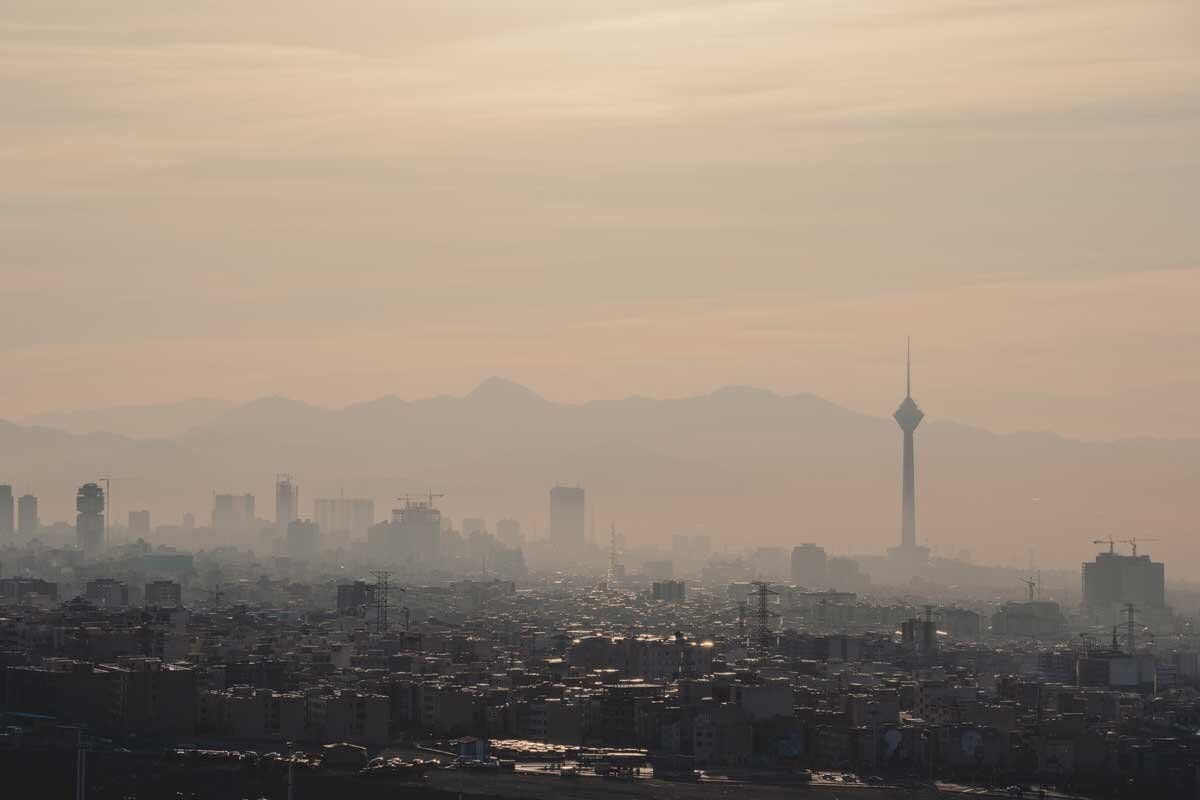President Raisi’s initiatives to tackle air pollution

TEHRAN – The administration of the late President Ebrahim Raisi took different measures over the past three years to deal with air pollution in line with the Clean Air Law and climate change management program of the country.
Submitting certificates to decommission old cars by domestic car manufacturers; reducing dependence on fossil fuels for power generation; improving vehicle emission standards; introducing national standards for fuel; including the clean air law in the budget bill; and compiling the country's climate change management program were part of the measures, IRNA reported.
Clean Air Law
Air pollution is one of the main concerns of the government; therefore, all organizations are obliged to act based on the Clean Air Law.
The Clean Air Law, enacted in July 2017, was supposed to be a solution to ease air pollution across the country. Still, now, the air is severely polluted, as the responsible bodies neglect their legal duties to implement the law.
The law has defined responsibilities for the Ministry of Interior, the Ministry of Oil, the Ministry of Energy, the Ministry of Transport and Urban Development, the Ministry of Industry, Mining, and Trade, the Ministry of Agriculture, the Department of Environment, the police, the municipality, the National TV, and some other organizations.
In this regard, according to the three-year plan of the Ministry of Oil, which was presented to the Department of Environment, the amount of sulfur in diesel fuel is supposed to be reduced to a great extent, in order to meet the national standard.
The importance of having clean air is such that a week in the country is named after the Clean Air Week.
A total of 1.8 quadrillion rials (nearly $3 billion) is required to implement the Clean Air Law, Department of Environment chief Ali Salajeqeh said in 2022.
The first vice president is the chairman of the national working group on air pollution, he noted.
The Department of Environment, as a governing and supervisory body, has determined the duties of the bodies in the implementation of the Clean Air Law, he added.
There are two main types of air pollution sources, mobile sources including cars, buses, planes, trucks, and trains, and stationary sources such as oil refineries, industrial facilities, and factories.
Some 40 percent of the emission is produced by stationary sources, while 60 percent of the pollution is generated from mobile sources.
However, due to severe air pollution in recent days in some metropolises of the country, including Tehran, Karaj, Isfahan, Arak, and Tabriz, many experts have emphasized the share of stationary sources in air pollution in these areas because there are signs of non-standard fuel consumption such as Sulfur gasoline or mazut (a heavy, low-quality fuel oil, used in power plants and similar applications).
Even mazut consumption has been approved in some power plants across the country.
According to Article 18 of the Clean Air Law, the Ministry of Oil is obliged to produce fuel, including gasoline, gas oil, fuel oil, and kerosene in accordance with approved national standards (Euro 4).
Also, the share of motorcycles in the production of gaseous pollutants is about 21 percent and in the production of suspended particles is 10 percent.
In addition, each ten carbureted motorcycles emit as much particulate matter as an old diesel bus per kilometer, which is a major cause of air pollution.
While moving sources of pollutants such as diesel cars, motorcycles, private cars, etc. are one of the most important causes of particulate matter less than 2.5 microns - the most important cause of air pollution in the second half of the year - which unfortunately vehicles that do not have technical inspection are only fined in Tehran and several other metropolises.
MT/MG
Leave a Comment